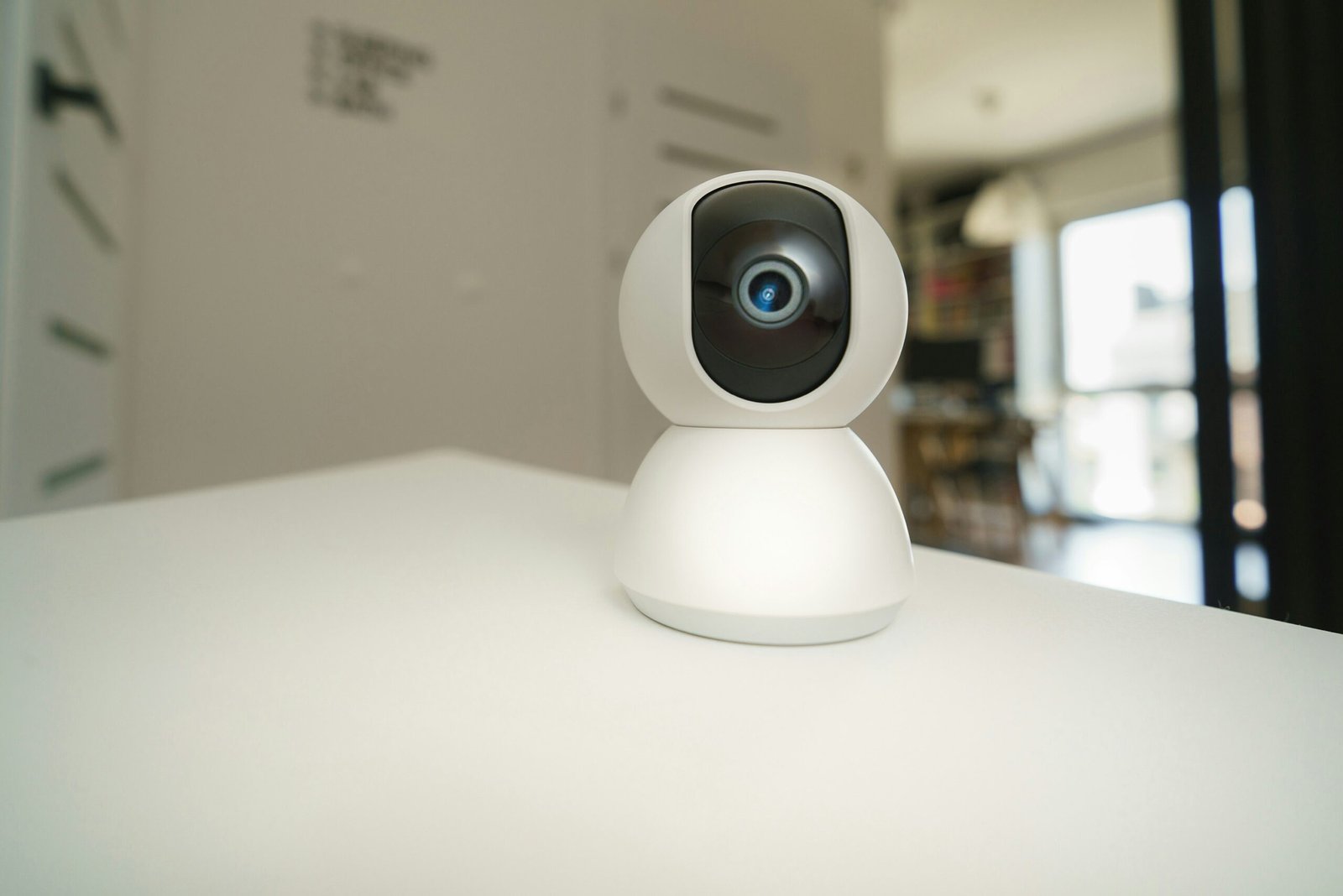
Introduction to Wireless Home Security Cameras
In the evolving landscape of home safety, wireless home security cameras have emerged as a crucial element in safeguarding properties. These devices offer homeowners a unique blend of advanced technology, convenience, and accessible monitoring capabilities. The significance of such cameras cannot be overstated, especially as concerns around home safety and security continue to rise. The increased rate of intrusions and theft has prompted many individuals to seek innovative solutions, leading to a surge in popularity for wireless security systems.
Recent technological advancements have further enhanced the functionality of wireless home security cameras, making them more efficient and user-friendly. Wireless cameras are not only easy to install but also provide seamless connectivity through smartphones and other smart devices. This ability to monitor one’s home remotely offers peace of mind for homeowners, allowing them to stay updated on their property no matter where they are. Enhanced features such as high-definition video, night vision, and motion detection have become standard, greatly improving the capability of homeowners to deter crime and monitor activity.
The flexibility offered by wireless systems allows for a broad range of installation options, whether indoors or outdoors, which can suit various preferences and needs. Additionally, many wireless security cameras now integrate with smart home ecosystems, facilitating interoperability with other security measures and home automation tools. This interconnectedness enables homeowners to create comprehensive security plans tailored to their specific requirements. In light of these advantages, wireless home security cameras have become indispensable tools in modern home protection strategies, positioning them as a reliable option to combat the ever-present risks of unauthorized access and property crime.
Key Features to Consider When Choosing a Wireless Security Camera
Selecting the right wireless security camera involves understanding several critical features that can significantly impact its performance and suitability for your home security needs. One of the foremost factors to consider is video quality. Cameras with higher resolution ensure that the captured footage is clear and detailed. In the modern market, options offering 1080p resolution or higher, including night vision capabilities, are preferable as they provide visibility in low-light conditions, an essential feature for round-the-clock surveillance.
Another important aspect is the field of view. Cameras with a wider angle can cover more area, reducing the number of cameras needed for comprehensive coverage. A field of view ranging from 120 to 180 degrees is typically ideal for residential properties. Additionally, two-way audio capabilities can enhance communication between the homeowner and visitors, adding an interactive element to your security system.
Battery life is often a concern for wireless options. While battery-powered cameras offer flexibility in placement, they require regular maintenance. On the other hand, wired options provide continuous power and minimize maintenance efforts. Beyond power sources, storage options must also be evaluated. Cloud storage solutions often allow for remote access to footage, whereas local storage may provide more control but can lead to limitations in accessibility.
Weather resistance becomes paramount if the camera is intended for outdoor use. A weatherproof camera can withstand various environmental factors, ensuring consistent performance. Additionally, check for mobile app compatibility, as many users prefer real-time notifications and access to live feeds through their smartphones.
Finally, ease of installation should be considered. A user-friendly installation process can save time and effort, allowing homeowners to set up their security systems with minimal hassle. Assessing these features based on your individual needs and preferences will lead to a more satisfactory choice in securing your home with a wireless security camera.
Advancements in AI Technology for Home Security Cameras
In recent years, artificial intelligence (AI) has revolutionized the landscape of home security cameras, creating a more secure living environment for homeowners. By harnessing the power of AI, these cameras are equipped with advanced features such as facial recognition, motion detection, and object tracking, significantly enhancing their effectiveness. In 2025, we see these features being adopted more widely, transforming how users can monitor their homes.
Facial recognition technology enables cameras to distinguish between familiar faces and potential intruders, thereby reducing the likelihood of false alarms. It streamlines security operations by notifying homeowners when an unrecognized individual approaches their property. This pivotal feature not only enhances security but also alleviates the burden of constant surveillance, allowing users to focus on other priorities.
Motion detection systems have also evolved, becoming more nuanced and precise. AI algorithms analyze movement patterns, differentiating between typical activities, like pets playing, and potential threats, which reduces the number of unnecessary alerts. Additionally, object tracking capabilities allow the camera to follow unusual movements automatically, providing a more thorough recording of events, thus aiding investigations when incidents occur.
One of the most significant benefits of integrating AI into home security cameras is the ability to deliver automated alerts tailored to individual users’ preferences. Homeowners can customize notifications for various scenarios, ensuring they receive timely and relevant information based on their specific needs. This enhanced user experience not only improves monitoring efficiency but also promotes a sense of empowerment, allowing individuals to maintain better control over their security systems.
Overall, the advancements in AI technology for home security cameras are transformative, making them indispensable tools for modern homeowners. With improved accuracy, personalized alerts, and efficient management capabilities, AI continues to pave the way for a safer domestic environment. As these systems evolve, their ability to protect homes and ensure peace of mind will only grow stronger.
































